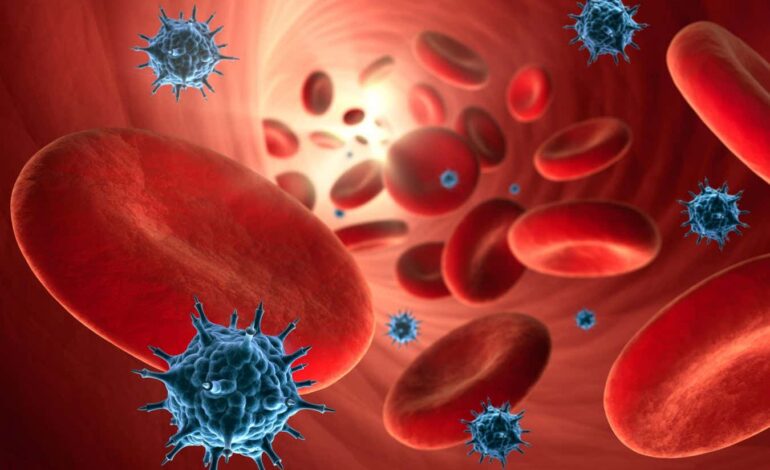Covid-19 Linked to Accelerated Aging of Blood Vessels in Women

Research indicates that Covid-19 may accelerate the aging of blood vessels, particularly among women. This finding stems from a study conducted by Rosa Maria Bruno and her team at Université Paris Cité in France, involving 2,390 participants from 16 countries, including the UK and US. The study took place between September 2020 and February 2022, aiming to assess the impact of SARS-CoV-2 on vascular health.
The researchers examined the arterial health of participants by measuring the speed of a pressure wave traveling between the carotid artery in the neck and the femoral arteries in the legs. This measurement indicates artery stiffness, a factor that naturally increases with age and can elevate the risk of heart disease. The study distinguished between those who had tested positive for the virus or had antibodies—indicating past infection—and those who had consistently tested negative.
The findings revealed a significant correlation between known SARS-CoV-2 infections and increased arterial stiffness among women. Notably, women who were hospitalized due to Covid-19 exhibited a vascular age approximately five years older than their uninfected peers. This difference escalated to around 7.5 years for those requiring intensive care. The research accounted for other factors influencing artery stiffness, such as smoking and obesity, yet these effects were not observed in men.
According to Bruno, the pronounced difference between the sexes was unexpected. Prior studies suggest that women may respond more intensely to infections than men, potentially leading to increased inflammation that could damage vascular health. This research may also provide insights into the phenomenon of long Covid, which appears to affect women more frequently.
At a six-month follow-up, the stiffness of the arteries in women showed slight improvement; however, levels remained elevated among those experiencing persistent Covid-19-related complications. Bruno commented, “Here we have demonstrated there is something measurable in the blood vessels that corresponds to the symptoms of long-Covid patients.”
While it is possible that some individuals in the uninfected group had mild, undetected infections, the study’s robustness was affirmed by Vassilios Vassiliou from the University of East Anglia. He emphasized that this study represents the first large international multicenter investigation demonstrating the association of Covid-19 with accelerated vascular aging. Vassiliou stated, “The findings may also contribute to a better mechanistic understanding of post-Covid-19 syndrome, potentially paving the way for targeted pharmacological interventions.”
This research underscores the need for continued investigation into the long-term impacts of Covid-19, particularly concerning vascular health and its implications for women. As the world continues to navigate the repercussions of the pandemic, studies like this one are vital for understanding and addressing the health challenges that emerge in its wake.






